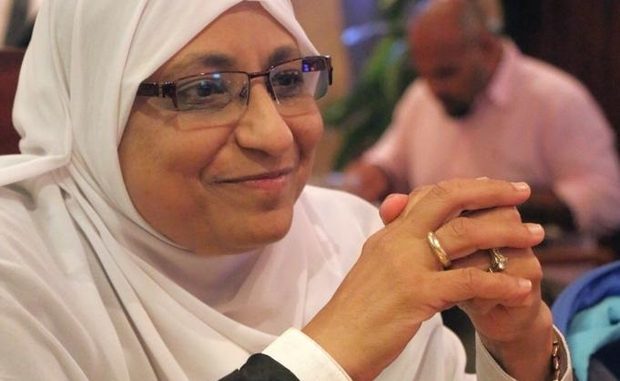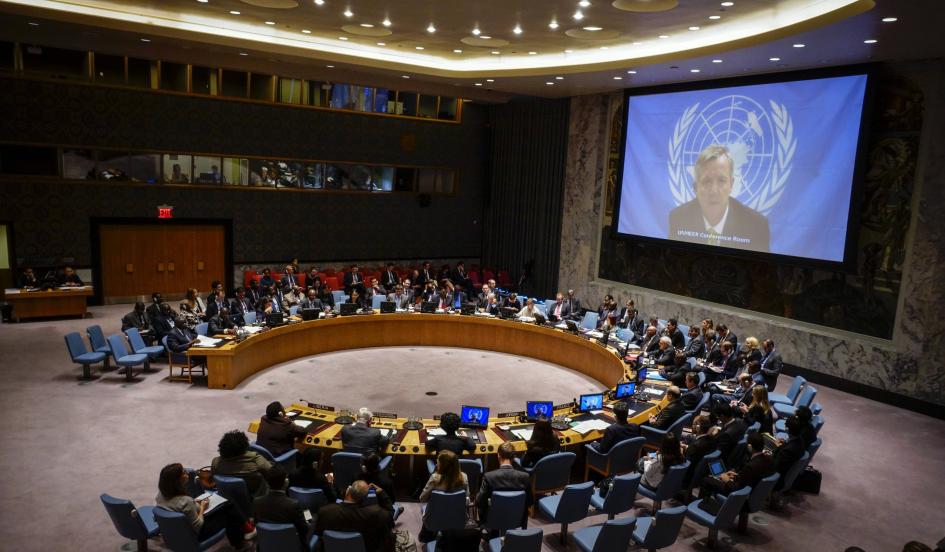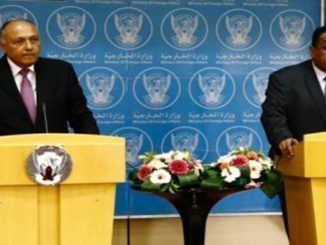
Prominent lawyer Hoda Abdelmonem and tens of others have gone missing for two weeks, prompting fears for their safety
Fadwa Khaled, Abdelmonem’s eldest daughter, was the only one at home in the Egyptian capital when her mother was arrested.
“She was sleeping, but I was awake when, at 1.30am, the door of our flat was broken, and nearly 20 officers stormed the flat,” Khaled told Middle East Eye.
“They blindfolded her and refused to let her take any of her belongings or medication,” she said. “They did not allow me any contact with her or to say goodbye.”
Abdelmonem is one of 31 Egyptians who were rounded up in the first week of November and held incommunicado, with many families raising the alarm over their continued disappearance, possibly outside the protection of the law.
Abdelmonem, 60, had been providing legal assistance to families of people who have been victims of enforced disappearance in Egypt. As part of her efforts to document cases of those forcibly disappeared, she has volunteered as a consultant for the Egyptian Coordination for Rights and Freedoms (ECRF), a prominent human rights organisation that has been hard hit in the latest crackdown.
At least eight women were arrested on the same day, according to Amnesty International.
The officers did not present any arrest warrants, but they confirmed that they belonged to the National Security Agency.
Amnesty International has established that Abdelmonem has been forcibly disappeared, as Egyptian authorities have so far denied knowledge of her whereabouts.
“Amnesty International believes that Hoda’s activism, as well as being a member of the defence team in several human rights cases, are the reasons behind her arrest,” the international rights group said.
Abdelmonem’s family is mainly worried about her health, especially as she had recently been diagnosed with deep vein thrombosis – a blood clot in a vein in her leg impacting her movement and requiring regular medication.
Khaled said the officers seemed to be searching for documents related to the court cases that her mother was handling.
“Where are the papers, Hoda?” a police officer in his thirties reportedly asked while pointing his gun at her and her daughter. She told him she did not know which papers he was referring to.
“If any of you move, I will shoot,” he then threatened, Khaled said.
Abdelmonem was then blindfolded and led to one of five police vehicles parked outside the building in the Nasr City neighbourhood in eastern Cairo. Khaled was asked to leave the flat while it was being searched.
Two hours after the raid, at 4.30am, the officers left with several suitcases, which Khaled thinks contained mainly books and DVDs.
“The systematic persecution of human rights workers in Egypt has to stop. Human rights defenders should be allowed to carry out their work without fear of harassment, arrest or imprisonment. All those arrested for their human rights work should be immediately released,” said Najia Bounaim, Amnesty International’s campaigns director, commenting on the early November arrests.
Somaya Nassef is another woman who has disappeared since 1 November. Her husband, Ramy Darwish, who spoke to MEE from Qatar, said she disappeared on her way home from a visit to her sister.
Nassef, 34, is a charity worker who raises money to support families of political prisoners and the forcibly disappeared.
“She is a human rights advocate, and she has dedicated her life to help the families of political prisoners,” he said.
Darwish says he contacted the offices of the general prosecutor and the minister of interior to request information on her whereabouts or charges, but has yet to receive a response.
“She is well-known to them because of her charity work, but they failed to bring any charges against her,” he added.
In an interview with Al Jazeera, Nassef’s mother made an emotional plea to Egyptian authorities asking them to release her.
She said her daughter used to provide aid to those in desperate need of food and clothing.
“She has done nothing wrong to anyone. She has supported many [impoverished] households,” she said. “She should be awarded for her efforts, not detained.”
Nassef and Abdelmonem, as well as most of those targeted in the latest crackdown, have volunteered with ECRF, which documents what it calls a “systematic” resort to enforced disappearances and the death penalty against critics of general-turned-president Abdel Fattah al-Sisi and his government.
In the wake of the targeting of nearly all its workers, ECRF announced the suspension of its work earlier this month, citing the “incompatibility” of the current political climate with human rights work.
The executive director of ECRF, lawyer Ezzat Ghonim, has been missing for months, while its spokesperson Mohammed Abu Horaira was among those arrested in the latest raid.
Egyptian authorities are suspected of forcibly disappearing at least 1,520 people since 2013, according to the Stop Enforced Disappearance campaign. The United Nations has documented 258 cases of forced disappearance between May 2017 and May 2018.



